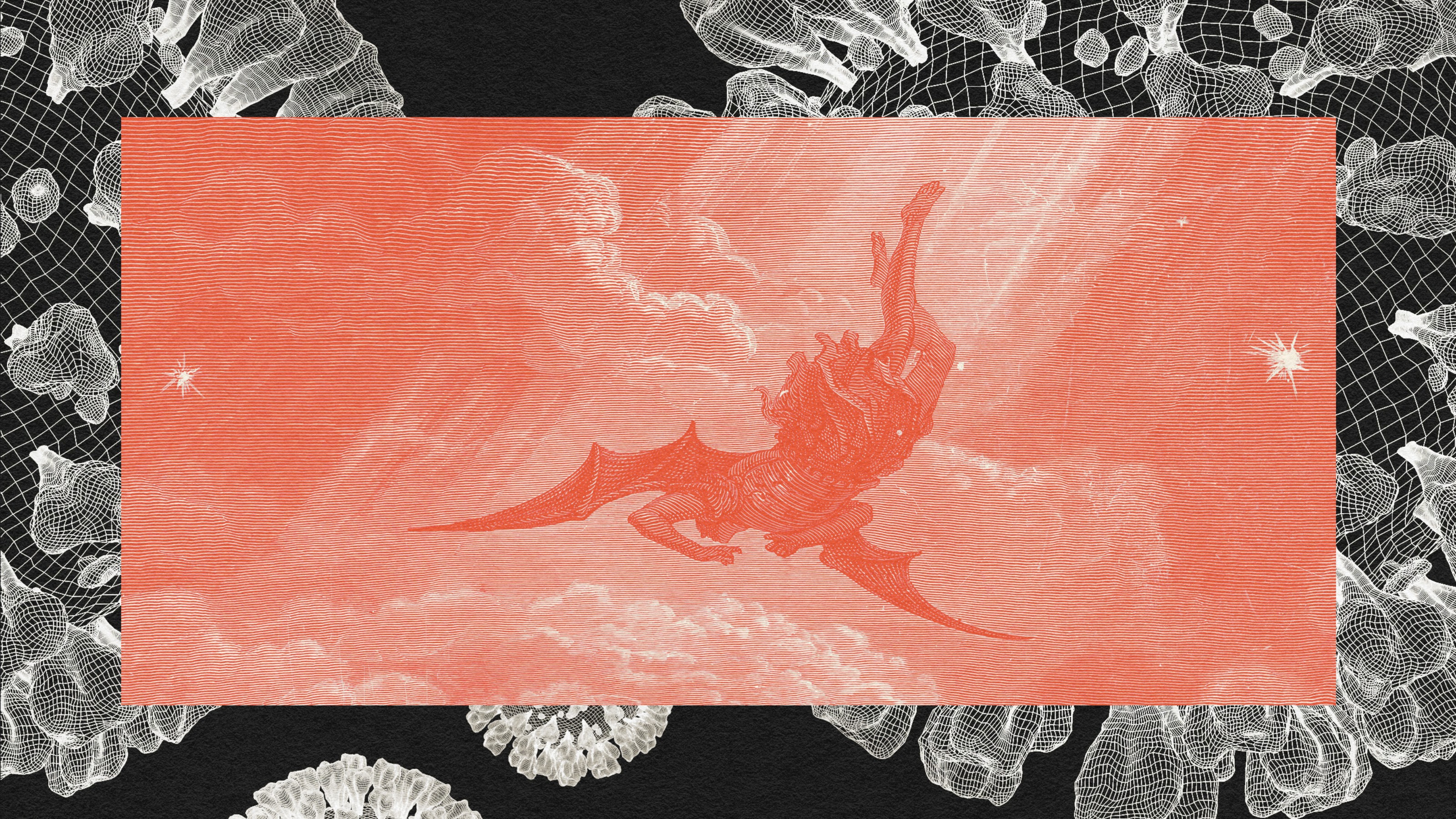At Science Friday, a Focus on Science & Religion Together
At the Science Friday broadcast from AAAS (audio), there was a focus during the discussion on the necessary collaboration between science and religion in solving societal problems. Below is from the transcript. First the audience question and then answers from Francesca Grifo, Union of Concerned Scientists; James McCarthy, president elect of AAAS; and David Goldston of Harvard University. From the transcript:
AUDIENCE QUESTION: I’m really very interested in asking your panelists – the great conversation here at the – perhaps talk about the relationship between science, religion, moral decision making and probably policy. For example, the systematic efforts in recent years, I think, many people would agree that the efforts to raise all sorts of doubts about the science of global warming we saw before that, the efforts to raise doubts about the question of smoking. It seems to me that this isn’t just a question of science and politics. In many cases, a question of science and perhaps versions of religion that are not quite so, I think, open-minded, and questions of the nature of moral decision making. So science and other disciplines and across, you know, fertilization that comes from that interaction, I’m looking hopefully to the future beyond this administration, I’m wondering if anyone can speak to this.
FLATOW: Frank, good question.
How do we handle that?
Dr. GRIFO: One thing I’d like to say is that, I think, all of the major religious groups of the world has actually made a statement now that climate change is a moral challenge. And I think it was very telling when the evangelicals came out with their very powerful statement a little more than year ago that called for acting now. And I believe that the Catholic bishop’s statement was very powerful saying we’re not scientists but we believe what the science says and we have moral responsibility to those who follow us to leave them a sustainable planet. And we do have the possibility of being the first generation to leave the next. It’s really irreversible problem. I think the promotion of giving up carbon for lent is a very interesting thing that some of the religious groups are talking about too. Or I actually think religion and climate change have found a useful pairing.
FLATOW: Jim?
Mr. McCARTHY: I would just echo that comment – every interaction I’ve had with religious groups over the last few years has led me to believe that there is no fundamental difference between our concern for the future of the planet whether we call it creation care or anything else, we’re all talking about the same thing. I see no conflict at all with any religious group which I have been in interaction.
FLATOW: David?
Mr. GOLDSTON: But I think we need to make a distinction between cases where religious groups are taking issue with the science – evolution, obviously, being that the most prominent case and most serious. And issues where they’re taking issue with policy that around the science says stem cells where I think that’s sometimes the way it’s argued. Again, muddies the waters but fundamentally, that’s not a debate over stem – the nature of stem cells and what we know scientifically, it’s a religious debate – ethical debate about how we proceed and what we do research on and so forth, I think, that’s legitimate. Obviously, groups weighing in on moral questions involving what we do about climate change. That’s different from weighing in on the findings of the science itself, which is why the evolution controversy is so difficult.




